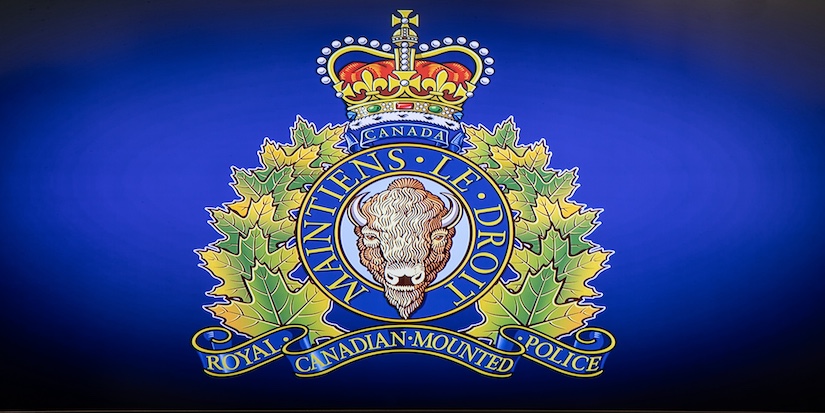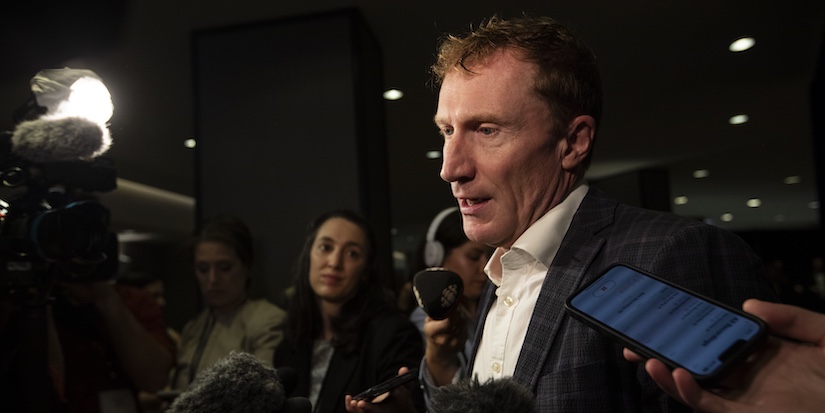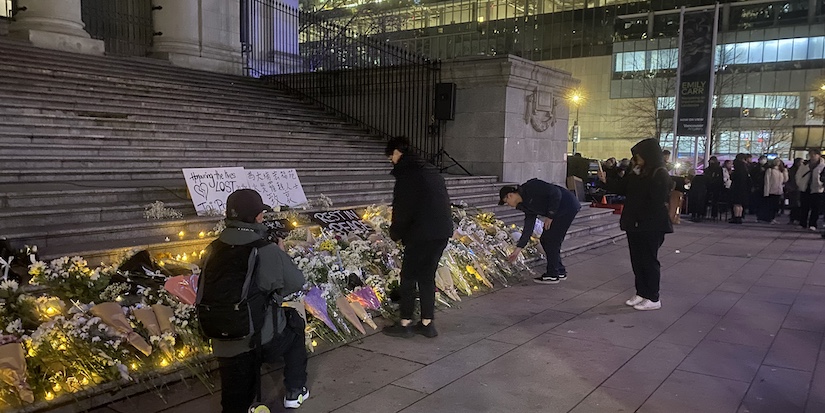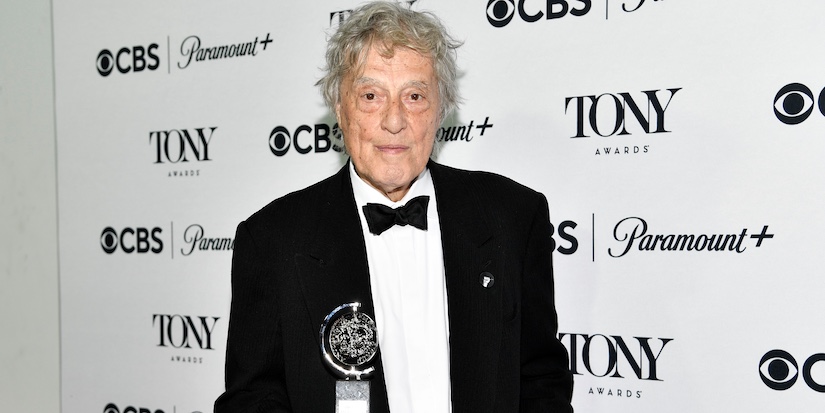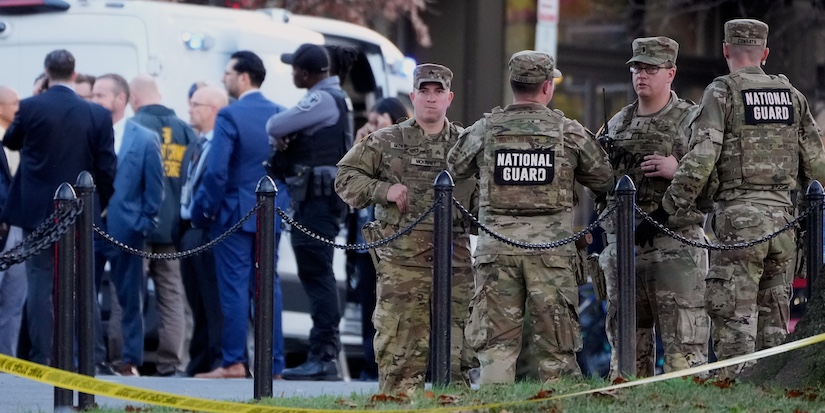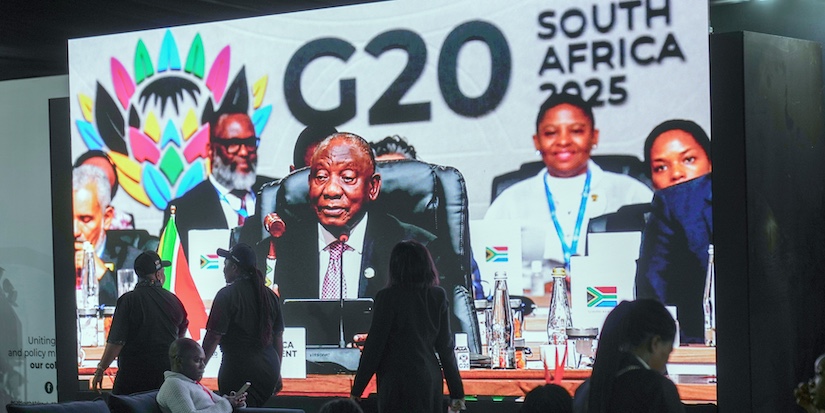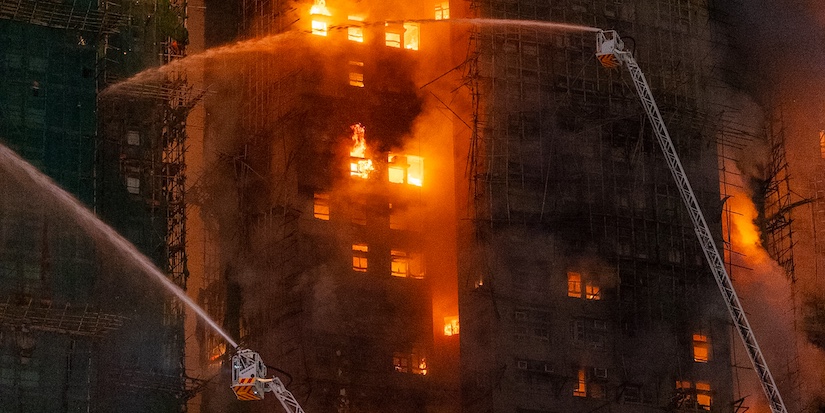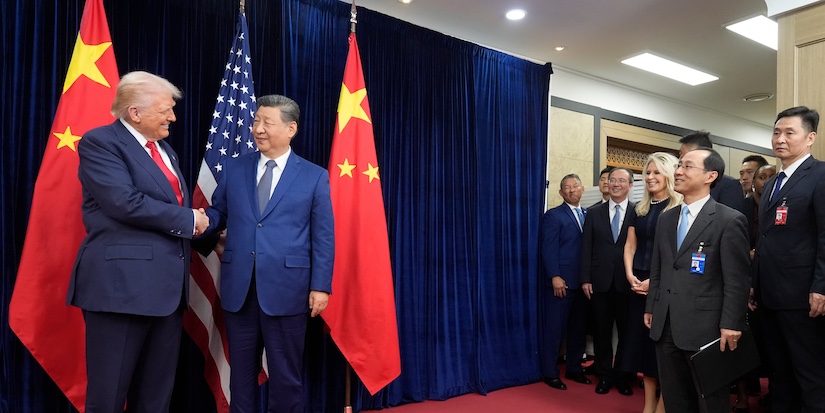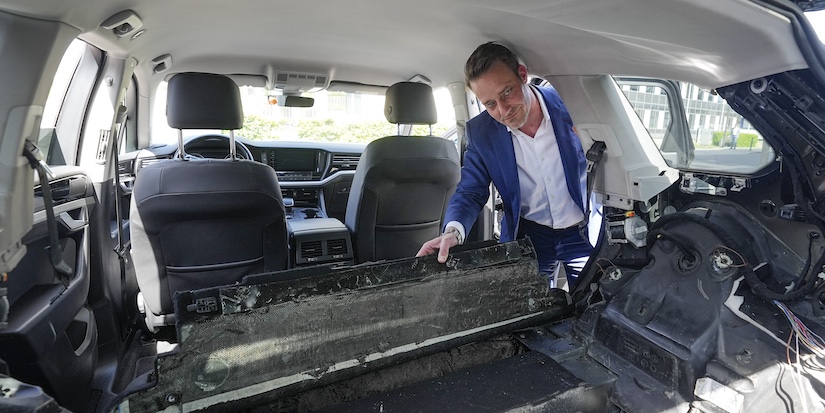Latest News
Saving young lives and limbs with humour
Published 3:02 PDT, Fri May 11, 2018
Four students from Hugh Boyd Secondary School
created a winning video for WorkSafeBC’s contest. Aimed at young workers’
safety, Keerthana Ramanathan, Talia Aarons, Olivia Topp, and Alicia Zhang
created a video entitled, Listen to Your Gut showing what happens
when young workers do and don’t listen to their gut when it comes to safety.
Coming out on top of a field of 45 entries 30
schools across B.C., the Hugh Boyd winners were four of the over 150 students
participating in the contest. They won in the Grade 8 to 10 category.
“Since 2006, the contest has received 607
entries and approximately 2000 students have participated. The contest is open
to B.C. students in Grades 8-12 and entries are judged on the impact of their
safety message, original creative concept, and technical execution,” says
WorkSafeBC’s government and media relations officer, Erica Simpson.
Why the theme, Listen to your gut? According
to WorkSafeBC’s Trudi Rondou, WorkSafeBC senior manager of industry and labour
services, before a young worker gets hurt, “They had a feeling, in most cases
people have a feeling something’s wrong, something didn’t seem just quite
right.”
The reason for this push, according to
Rondou, is that young workers are the most likely to be injured on the job.
“You can look at the stats on paper; on
average, 14 young workers are seriously injured every week in BC. The reality
is, that’s half a classroom full of young people every week,” she says. That is
why WorkSafe has a new two-pronged approach to young worker safety.
The first prong of the program educates the
young workers. That’s where the videos come in:
“In most cases they had a feeling something’s
wrong, something didn’t seem just quite right. So we wanted to focus on that
empowerment. Listen to your gut,” says Rondou.
If something at work is dangerous, first
speak with your boss. If that doesn’t work, phone WorkSafe BC anonymously.
“Our officers are experts at keeping that
anonymity,” says Rondou.
The second prong in the campaign tasks
employers with the responsibility to teach and keep teaching young workers how
to do their job safely from the get-go, and to make it part of the work
attitude each day. WorkSafeBC looked for companies to work with.
“We really wanted employers who were role
models and industries where young people were employed.” Rondou says.
Clint Mahlman CEO for the Richmond-based
chain, London Drugs. “My role is to remind owners and managers that it doesn’t
happen on its own. With young workers, it’s not going to be first question they
ask. We need to make this part of the daily conversation about how work is
conducted in a safe manner.” Mahlman also says safety has to become a value,
and not just an expectation that workers are safe.
Why London Drugs? When Rondou discovered that
London Drugs had a practice of sending letters to young workers’ parents,
letting them know what the chain is doing for their kids’ safety, “I thought
was a wonderful way to go above and beyond,” she says.
“Workplace safety doesn’t just happen on its
own,” says Mahlman.
He adds, “It’s often not the obvious large,
industrial accidents. We forget the service industry is the largest employer in
BC, and they employ young workers. There are other dangers that can be just as
devastating, whether it be scalding, slip and fall in a restaurant, or cut
injuries in grocery retail, or servers that slip.”
Mahlman suggests a third prong to young
worker safety, “Safety should be part of daily conversation with parents, aunts
and uncles. You need to have kitchen table conversations where you ask, ‘What
is your employer saying about safety?’”
Rondou says, “I think a lot of parents assume
that when their kids are on the job someone will be looking after them the way
we look after them and sadly that’s not the case, so you have the conversation
before hand. Talk to them about this”
Young worker safety strikes at the heart of
all who participate in the program. As sports reporters say, everyone has some
skin in the game be it the young workers themselves, employers or the people at
WorkSafeBC.
For the Hugh Boyd students, they and their
friends are the young workers directly affected.
For Rondou too, this program hits close to
home: “I have three (kids) of my own. Two have hit the workforce. People sort
of take it for granted, ‘I work in a restaurant so I get a lot of cuts,’ but
that’s not necessarily the case. We should stop thinking of cuts and burns as a
normal part of the food service industry.”
For Mahlman, “Workplace safety doesn’t just
happen on its own. As a young worker myself I had some near misses.” It is even
more important today, he says, “I’ve got kids of my own, so I’m very sensitive
to the safety issues that can impact young workers.”
WorkSafeBC’s Rondou stresses, “If you feel
something is unsafe have the conversation with your supervisor or employer.”
Both she and Mahlman say to trust your
instincts because most workers injured on the job, especially young workers,
had a feeling that what they were doing was unsafe. As the Hugh Boyd team’s
winning video says, Listen to Your Gut.




















